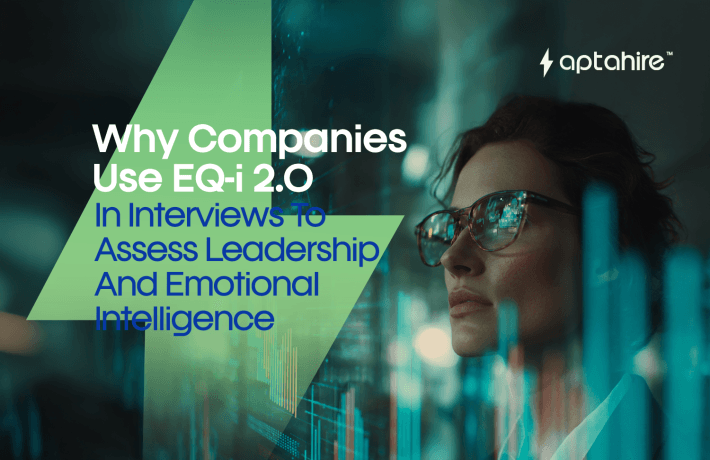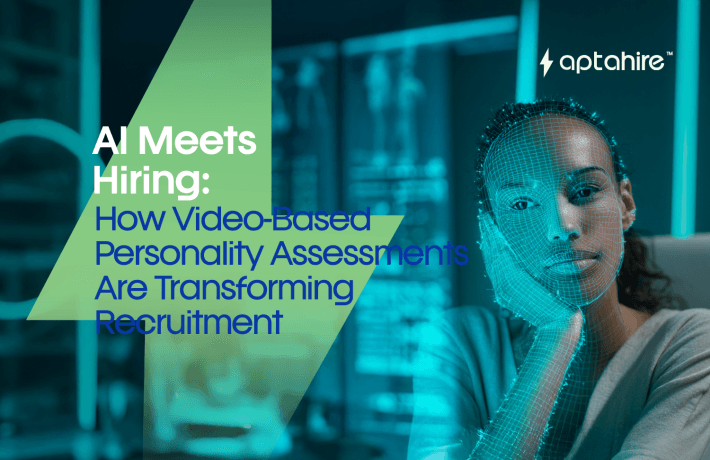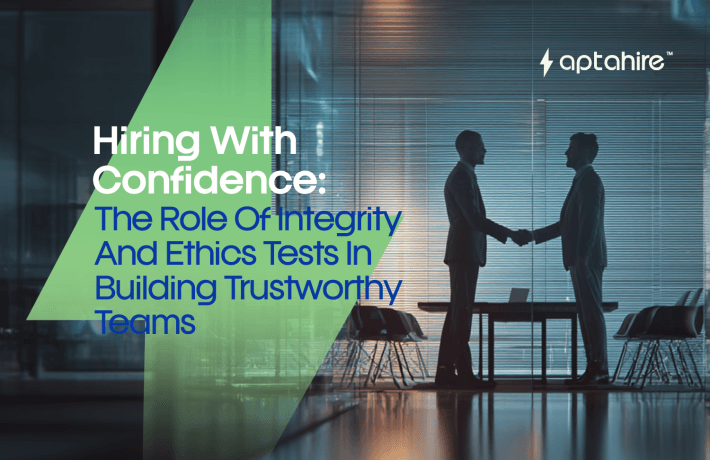AI vs Traditional Recruitment Methods: Why AI Leads the Future

Introduction
Hiring the right talent has always been a game-changer for businesses. But let’s be real, traditional hiring methods? They’re slow, biased, and often inefficient. Enter AI recruitment tools, the game-changer in the hiring world. If you’re still relying on the old-school approach, it might be time to rethink your strategy.
So, how does AI recruitment stack up against traditional methods? Let’s break it down.
The Difference Between AI Recruitment and Traditional Traditional Recruitment
1. Speed & Efficiency
- Traditional Hiring
Reviewing resumes manually is time-consuming, especially when you have hundreds (or thousands) of applications.
- AI Recruitment
AI-powered systems scan and shortlist resumes in seconds using Natural Language Processing (NLP). This means no more drowning in paperwork!
2. Bias-Free Hiring
- Traditional Hiring
Unconscious bias is a real thing. A recruiter may favor candidates based on personal preferences, leading to a lack of diversity.
- AI Recruitment
AI assesses candidates based on skills, qualifications, and experience, eliminating personal bias.
3. Candidate Experience
- Traditional Hiring
Long response times and lack of communication often leave candidates frustrated.
- AI Recruitment
AI-driven chatbots provide instant responses, schedule interviews, and keep candidates engaged throughout the process.
4. Cost-Effectiveness
- Traditional Hiring
Requires a dedicated HR team, job postings, and multiple interview rounds, all of which add to costs.
- AI Recruitment
Cuts hiring costs by automating screening and eliminating redundant tasks.
5. Data-Driven Decision Making
- Traditional Hiring
Decisions are often based on gut feelings rather than solid data.
- AI Recruitment
AI tools analyze trends, past hiring patterns, and performance metrics to make informed hiring decisions
| Factor | Traditional Hiring | AI Recruitment |
| Time Taken | Weeks to months | Minutes to hours |
| Bias Level | High | Low (data-driven) |
| Candidate Communication | Slow, manual follow-ups | Instant AI-powered updates |
| Cost | High (multiple recruiters needed) | Low (automation reduces HR workload) |
| Decision Making | Based on intuition | Based on data & analytics |
| Scalability | Limited | High (can screen thousands of candidates instantly) |
Real-World Examples of AI in Hiring
1. Unilever’s AI-Powered Recruitment
Unilever replaced traditional CV screening with AI-driven video interviews. The system analyzed facial expressions, word choice, and speech patterns to shortlist candidates, reducing hiring time by 75%!
2. Hilton’s Chatbot for Candidate Engagement
Hilton Hotels introduced an AI chatbot to answer applicant queries, schedule interviews, and provide feedback. The result? A faster, more engaging hiring process.
Why AI is the Future of Recruitment Trends
AI isn’t just a trend, it’s the future. Companies looking to stay ahead in talent acquisition are already embracing AI-powered hiring tools. With its speed, accuracy, and cost-effectiveness, AI is redefining how businesses find top talent.
So, what’s your move? Are you ready to ditch the outdated hiring methods and step into the future?
Let’s talk AI recruitment, because the right hire can change everything!
FAQs
1. How does AI recruitment differ from traditional hiring?
AI recruitment automates resume screening, reduces hiring bias, and speeds up the hiring process using data-driven insights. Traditional hiring relies on manual screening, which is slower and prone to human bias.
2. Can AI completely replace human recruiters?
No, AI is designed to assist recruiters, not replace them. It handles repetitive tasks like screening and scheduling, allowing HR professionals to focus on strategic decision-making and candidate engagement.
3. Is AI recruitment only for large companies?
Not at all! Businesses of all sizes can benefit from AI recruitment tools. Many AI-driven hiring platforms offer scalable solutions that cater to startups, mid-sized businesses, and large enterprises.
4. How does AI help reduce hiring bias?
AI evaluates candidates based on their skills, qualifications, and experience rather than personal traits, names, or backgrounds, ensuring a fairer hiring process compared to traditional methods.
5. What are some examples of AI hiring tools?
Popular AI-powered recruitment tools include Aptahire (video interviewing), Pymetrics (behavioral assessment). These tools help streamline and improve hiring efficiency.



